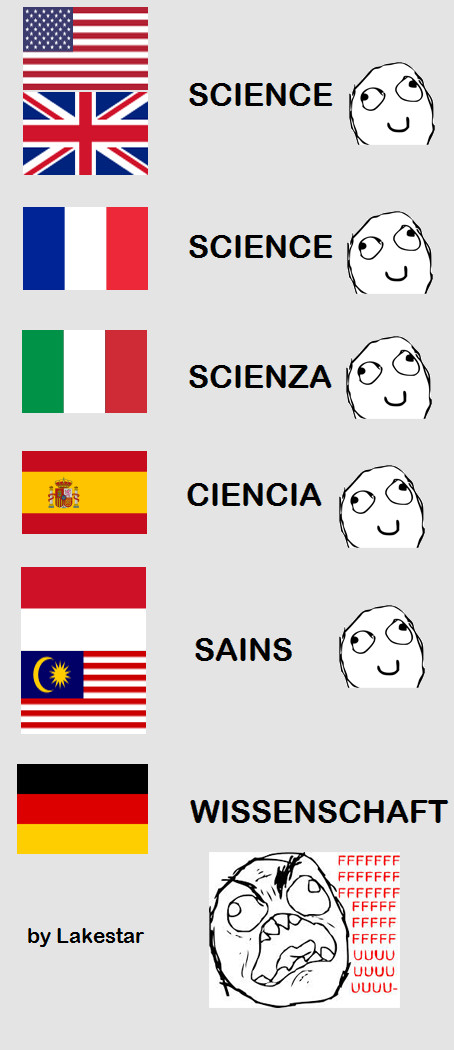
The predicate can contain other parts of speech that combine with the verb conceptually. To some degree in English, but much more so in German, Verb Complements Made from Other Parts of Speech: We're picking my mother up at the train station.Ĭ.

That, too, goes to the end: Wir holen meine Mutter am Bahnhof ab. (or: "Den Hund wird der Mann beißen wollen).

These elements go to the end of the clause, while the finite part stands in the second position: When it contains other elements, such as past participles, infinitives, or modal auxiliaries, It is clear to everyone that the initial word, "das," has been omitted and that the finite verb is still in the second position.īut the predicate can comprise more than just the finite verb. This rule is so firm that when someone in conversation says, "Weiß ich nicht" or "Tut er nicht," "Der Mann beißt den Hund" "Den Hund beißt der Mann." While other elements can be moved around to indicate emphases in meaning: In a German declarative sentence, the finite verb always stands in the second position, "Der Mann beißt den Hund" (The man bites the dog) "Die Männer beißen den Hund" (The men bite the dog). I.e, the one that changes with the subject: In a declarative sentence, its most basic form contains a finite verb, The predicate can be a complex entity, especially in German. Sometimes called the "verb phrase" or "the verbal idea", The most important concept for determining word order in German is the predicate. The Declarative Sentence (der Aussagesatz) Many patients with Parkinson's disease can now live more normally again.Ī. We have been working towards this moment for 12 years. If someone with a foreign accent says the same thing in conversation, it sounds like Yoda. When Robert Frost writes, "Something there is that doesn't love a wall," it's poetic Very few rules cover all possibilities, and context often trumps other considerations. That said, word order is a complex aspect of language, never wholly mastered by non-native speakers. "expected" order carries significant information of its own. On the other, and more importantly, each deviation from the "standard" or It plays a major role in how a foreigner's command of the language is evaluated. Appropriate German word order is important. "The dog bites the man" (as opposed to "The man bites the dog").īut this flexibility is far from absolute.

Hence "Der Hund beißt den Mann" and "Den Mann beißt der Hund" both mean Endings, such as those indicating theįor some greater flexibility in clause construction. German relies more on inflections to show function. "The village gives the virgin the dragon" (Not to mention: "The virgin gives the dragon the village"). Note the difference between "The village gives the dragon the virgin" and English tends to rely mostly on word order to indicate the grammatical function of a word or phrase. Both sites overlap considerably.Įnglish vs. Prescriptive instructions for German word order. Those who would prefer to follow a more mechanical - but ultimately less complete - set of rules would be better served by linking to these Note: The following description of German word order is conceptual in nature.


 0 kommentar(er)
0 kommentar(er)
